Definitions
Adult Day Health Care Services
Community based groups which have programs designed to cater to the needs of functionally and/or cognitively impaired adults and to provide respite care to their caregivers.
Community Care Licensing
A branch of the Department of Social Services which licenses and visits annually all assisted living and RCFE settings.
Custodial vs. skilled nursing level of care
See our custodial care page.
Department of Health Services
Responsible for licensing and visiting annually each skilled nursing facility.
Deficiency Report (for nursing homes)
Report posted next to main nurse station indicating infractions. Examples of deficiences include not enough water by the bedside, someone found resting in own urine, tap water too hot, etc. A violation is a much greater infraction and usually subjects the nursing home to a substantial fine.
Medi-Cal
California's version of Medicaid, a combined federal and state program that pays for health and long-term care for eligible low income citizens and legal residents of the United States. The California Department of Health Services administers the program. Some people receive benefits from Medicare and Medi-Cal. Medi-Cal pays for health care services, which must meet its definition of being medically necessary. Some services covered include physician visits, prescription drugs, hospitalization, x-ray, adult day care and nursing home care. In order for Medi-Cal to pay for a nursing home stay, the patient must be admitted on a doctor's order and the stay must be medically necessary.
Medicare
The federal health insurance program administered by the Social Security Administration which is available regardless of income for all persons at least 62 years of age or who have been disabled for at least 24 months. Skilled nursing facility care is covered up to 100 days with co-payments after 20 days (a secondary insurance may pick up the co-pay portion). Medicare covers care in a nursing facility if the patient is admitted as a result of the same condition for which he/she was hospitalized. The placement must have occurred within 30 days after a hospital stay of at least three days. Medicare pays only for "skilled nursing care" in a nursing facility, on the average about two weeks. It does not pay for "personal care" or ongoing care which is non-medical.
In Home Supportive Services (IHSS)
A non-medical long term care program which provides assistance with housework as well as personal care in the home. Persons who are 65 or over, disabled, and on SSI or who are eligble for Medi-Cal, are also eligble for IHSS if, without these services, they cannot remain safely at home.
Ombudsman
Organization staffed by volunteers who respond to complaints against skilled nursing facilities (see phone numbers in resources).
Senior Centers
Community based organizations which provide social and recreational activities for seniors. Many provide meals and provide transportation to the center.
Social Security Supplemental Income (SSI)
Program funded by the federal and state government which provides a minimum monthly income for the aged and disabled who have limited income and resources. Some assisted living settings accept the SSI rate as payment (usually for patients who require no care) for a shared room.
As of 2024, the SSI rate for an assisted living setting is $1,575. For example, if a recipient receives a Social Security benefit of $300, the government would provide the additional $2,275 SSI benefit to help pay for an assisted living setting. SSI recipients are also eligible for medi-cal.
